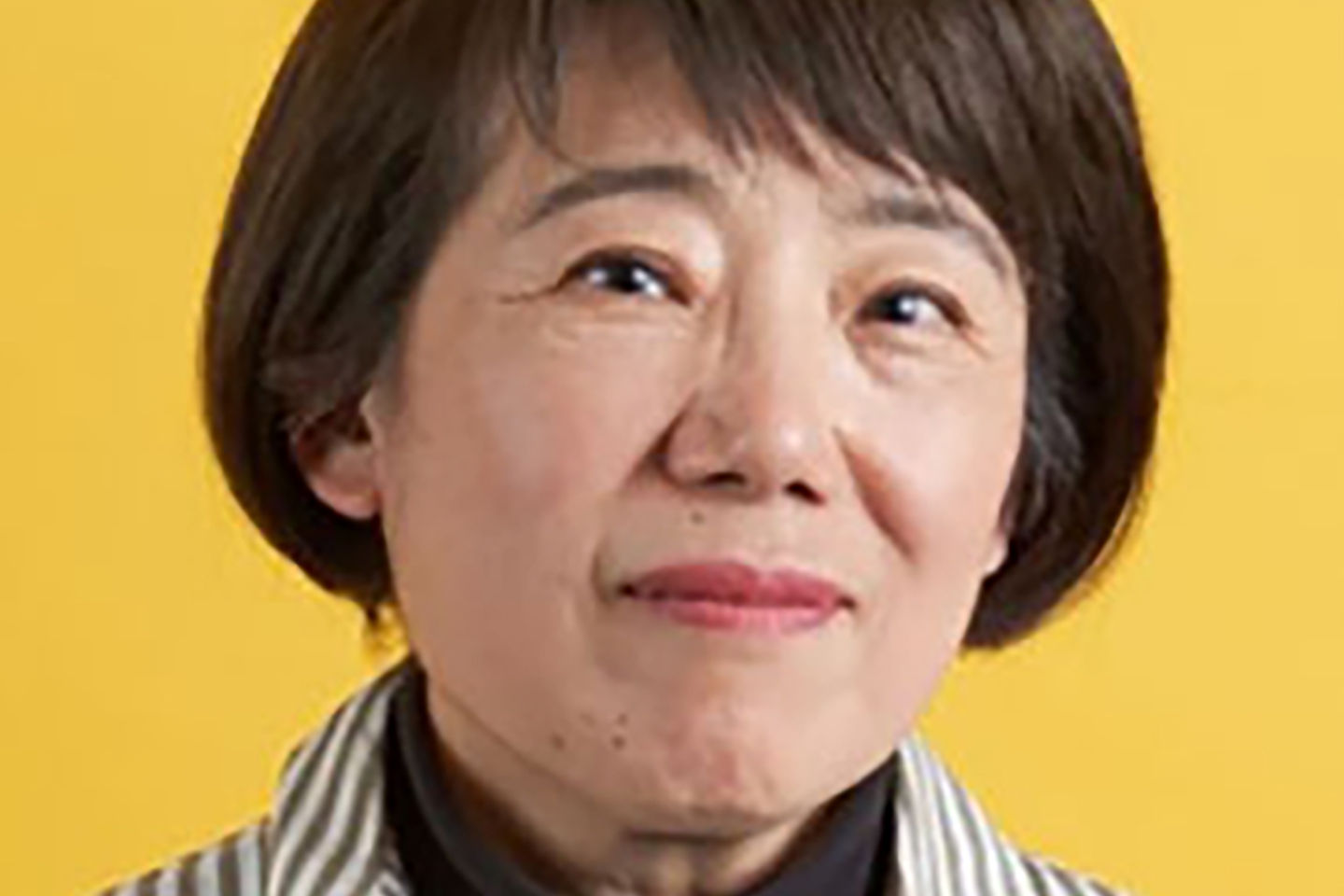
Backward design (Wiggins & McTighe 2005) provides a road map as a framework for identifying where the learners are, where they are going, and how they are going to get there.
Unlike backward design, traditional curricular planning generally begins with selection of a series of learning tasks with materials, and then gives evaluations for the learning outcome. Such process tends to focus on evaluating learned contents having little focus on developing language proficiency or using language to explore engaging content. The speaker will introduce backward design in language courses and discuss how proficiency-oriented language assessments can be planned as part of the three stages of backward design.
The three stages of backward design — Identify Desired Results -> Determine Acceptable Evidence -> Plan learning Experiences and Instruction — will guide learners and instructors to meet course learning objectives with more successful learning outcomes than traditional curricular design does. Particularly, she will focus on different assessments that are appropriate to determine acceptable evidence to help students meet the course end proficiency objectives.
Sahie Kang (PhD in Linguistics, University of Florida) is Director of the School of Korean at Middlebury College since 2014. Prior to Middlebury, she served as the Dean of Arabic, Korean, and Multi Language School at Defense Language Institute (2002-2015). She also served as the president of American Association of Teachers of Korean (2015-2018) and was the founding chair of Korean Special Interest Group at ACTFL where she has been serving as an OPI Tester and a Facilitator since 2002 and conducted numerous workshops on assessment and pedagogy for major universities in the U.S.A. and in Korea. Her most recent publication and invited presentation are “Integrated Performance Assessment and KSL” The Routledge Handbook of Korean as a Second Language (2021) and “Korean Wave for Engagement and Empowerment-Beyond Language and Culture,” Global Engagement and Empowerment Forum, Yonsei University (2022).
Presented by Global Languages Pedagogy Lecture Series.
